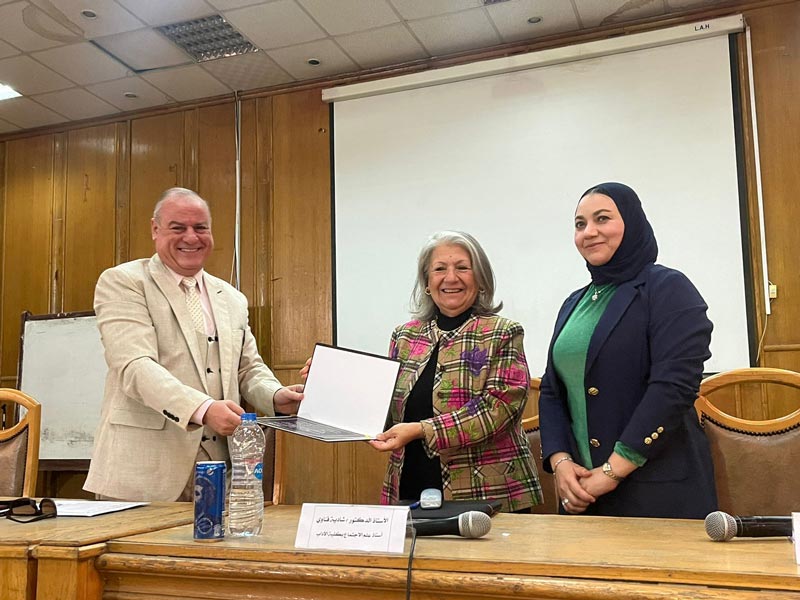The Sociology Department of the Faculty of Arts discusses "Family Murders...Causes and Confrontation Mechanisms"
The Department of Sociology at the Faculty of Arts, at Ain Shams University, held the department's scientific seminar under the title: "Family Murder Crimes...Causes and Confrontation Mechanisms". The seminar was held under the auspices of Prof. Hanan Kamel, Dean of the Faculty.
The session was moderated by Prof. Shadia Kenawy, professor of sociology at the faculty and former ambassador of Egypt to UNESCO, Prof. Hanan Salem, head of the department, and Dr. Mukhtar Al-Sayyad, an expert in criminal investigations and evidence-gathering at the Cairo Security Directorate.
And Prof. Shadia Kenawy opened the seminar, praising the seniority of the seminar, as it has been going on a monthly basis since 1970, or nearly 53 years, and is full of studying and discussing societal phenomena related to all fields of sociology, and its development and the methods and solutions offered by sociologists and experts to solve this problem.
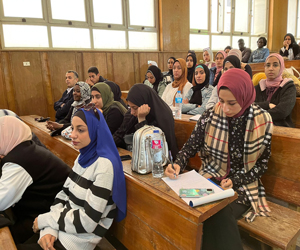 |
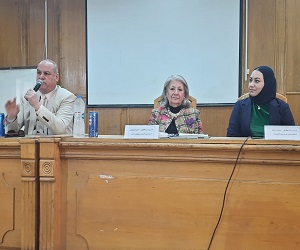 |
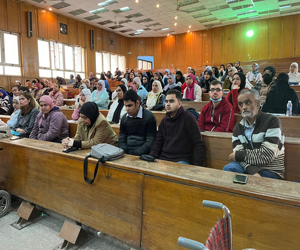 |
||
"Kenawy" mentioned that domestic violence took many forms, including domestic violence against women, children, and the elderly, as presented by Prof. Hanan Salem, a research paper summarized as follows:
Egyptian society witnessed unprecedented developments in the field of violence in general and crime in particular, and it suffices to say that we concluded last year with murders similar to the ISIS method, where slaughter and decapitation or attempted decapitation (the Ismailia incident and the Mansoura University girl incident) took place.
Egypt ranked third in the Arab world and twenty-fourth in the world according to the Numbeo crime scale.
Family homicides alone constitute between a third and a quarter of all homicides.
Egyptian society changed radically after the events of January 25, 2011, which resulted in an imbalance in the system of values in general.
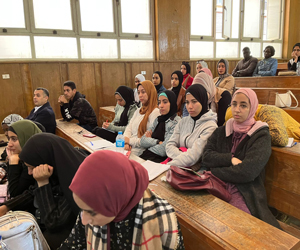 |
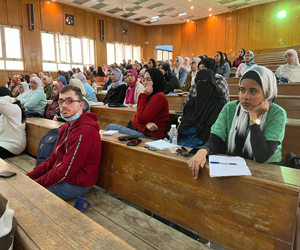 |
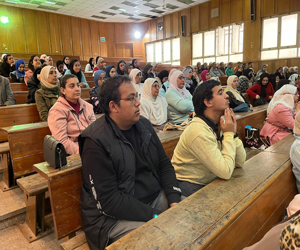 |
||
Prof. Hanan Salem confirmed that domestic violence is more deadly to society than wars and epidemics, because it gnaws at the bones of society, and indicates the presence of sagging in the structure of values, destabilizing morals and constants of religion, and murders specifically affect the security and safety of society materially and morally. Studies and official reports show that there is a steady increase in their rates.
She explained that the General Security report issued in 2012 confirmed the high rates of domestic violence crimes. The report included: (premeditated and attempted murder, beating that led to death, beating causing disfigurement, indecent assault, rape, robbery by coercion and attempt, arson, kidnapping, and signing a document by force.
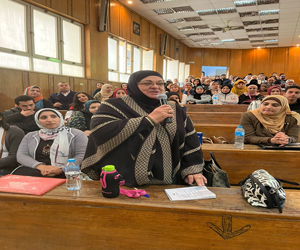 |
 |
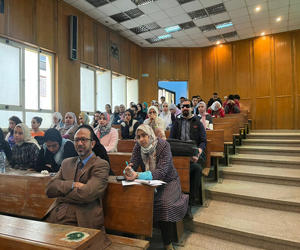 |
||
Unfortunately, domestic murders topped these crimes, as the report issued in 2012 monitored (354) crimes, including (251) murders, representing 72%.
Men had the largest share in committing crimes by 85%, and the age group ranged from 20 to 40 years.
The reasons monitored by the report were varied: family disagreements, honor defense, inheritance, and financial hardship.
As for the tools used, they were: a blunt instrument, a firearm, a rope, and strangulation with hands.
She also indicated that studies and scientific research have shown that there are subconscious motives that lead the individual to commit the crime of murder in the family environment, and these motives are formed through wrong socialization methods, including cruelty, punishment by abuse, and family disintegration.
Psychological studies have confirmed that there is a relationship between the deterioration of economic conditions and the state and description of anxiety on the scale of anxiety that may lead to committing the crime of murder.
A study issued by the National Center for Social and Criminological Research last year showed that 70% of family homicides are caused by defending honor, the surrounding environment, and the culture that favors violence, and drugs.


.svg)

